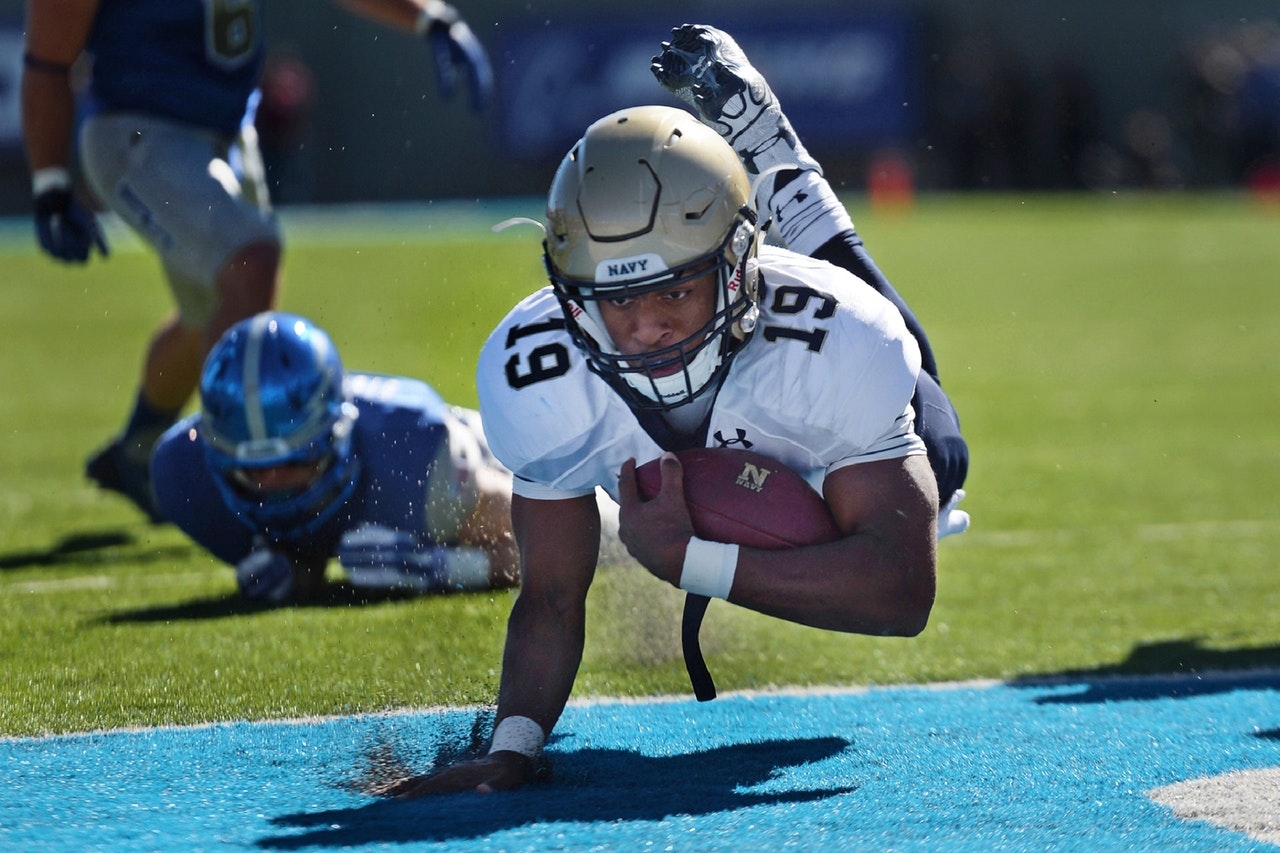Athletes are so focused on training and nutrition to perform at the highest level that they don't realize physical health, performance, and strength all start with mental health .
Sports Psychiatry
At ShrinkMD, we believe that mental health plays a vital role in enhancing overall well-being and athletic performance. We understand that every athlete is unique, and no two sports are the same. That’s why we conduct a comprehensive evaluation of each athlete to tailor our care accordingly, utilizing the biopsychosocial model of treatment as described on our homepage.
When evaluating an athlete, we take into consideration the specific demands of their sport, and how any psychiatric condition may affect their athletic abilities and safety. Our approach balances lifestyle modifications with pharmacological interventions, ensuring that treatment doesn’t negatively impact their physical prowess.
At ShrinkMD, we also understand that the athlete’s support system is crucial to their success. That’s why our sports psychiatry services extend beyond the athlete to their coaches, family members, office staff, and even spouses. We recognize the impact of sports on everyone involved, and our comprehensive approach ensures that everyone receives the support they need.


While athletes may seem superhuman, doing things that may seem impossible, they are not immune to mental health concerns. Despite giving an outward appearance of strength and wellness, they may secretly be suffering from depression, anxiety, mood instability, insomnia, substance abuse, bipolar disorder or other unseen mental illness. Many times mental illness can go unnoticed, especially when they function so highly in their sport. With proper treatment, they could potentially perform even better.

Most Common Mental Illness in Athletes
During a study done on professional athletes where they looked at the relationship between stress, social support, and self-esteem 42% met criteria for one or more mental disorder.

Depression
31.7% reported symptoms of depression which leads to subpar performance.

Anxiety
18.8% reported symptoms of anxiety which can range from social anxiety to performance anxiety.

Bipolar Disorder
Excess energy known as mania may be used to exercise intensely almost going unnoticed.

Low Motivation
Can be a manifestation of depression, anxiety, bipolar disorder or other mental illness.

Sleep Disorder
Can stem from anxiety, depression, bipolar disorder, or other mental health conditions.

Substance Abuse
Utilized to self-medicate a mental illness, alcohol, opioids, marijuana, prescription medications, and other substances can affect performance and cognition.
“As a male athlete, I always thought it was a sign of weakness if I showed I was being vulnerable. It’s not weakness, If we’re injured, they’re going to fix our broken bones, but if we’re mentally struggling, we have to get help and we have to get it in safe places.”
– Michael Phelps
Olympic gold medalist
Nike states there are five facets of fitness. People of every skill level need to master these five facets in order to reach their full potential. Movement, Mindset, Recovery, Nutrition and Sleep are crucial to superior performance levels. A sports psychiatrist can help you master these levels to reach peak performance. At shrinkMD we will help you discover your personal greatness.
Confidentiality
We at shrinkMD are committed to ensuring the security and confidentiality of all of our patients. We understand that professional athletes and executive staff require more privacy then most. Special care is taken to ensure this level of confidentiality is provided for your appointments. We also understand that many times executives and athletes travel for their profession depending on in or off season. For this reason, we provide our services in California, Florida, Georgia, Indiana, Hawaii, Maine, New York, and Texas.

Source: Poucher, Z. A., Tamminen, K. A., Sabiston, C. M., Cairney, J., and Kerr, G. (2021). Prevalence of symptoms of common mental disorders among elite Canadian athletes. Psychol. Sport Exerc. 57:102018.

